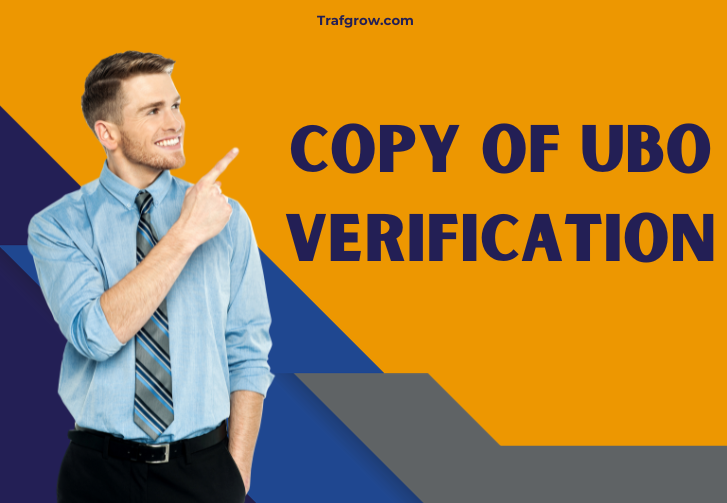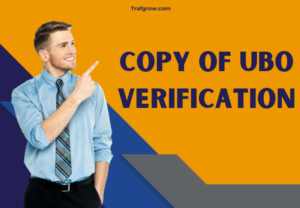
UBO verification
Regulatory bodies worldwide are working to develop measures to reduce the rate of illicit or criminal activities like money laundering and terrorism financing. Among this problem, with the advanced use of technologies and tools, individuals remain anonymous and secretly harm the company’s interests and operations. These individuals can be UBOs, suppliers, and shareholders. To overcome the problem, know with whom company associates are legal and authentic. This article is a guide on UBO verification that helps businesses determine the authenticity and possible risks associated with another individual. Ultimate beneficial Owners (UBO) are the true persons who control the organization. Let’s dive into to learn why UBO identification is essential.
Who are UBOs?
UBOs are the ultimate beneficial owners who have control over the business directly or indirectly. They are not the actual owner of the firm but have at least a 25% share of the business. UBOs are allowed by the Financial Action Task Force (FATF) to conduct financial transactions within the organization. They are allowed to make business decisions and command the company. In a business’s ownership structure, one or more UBOs can pass the criteria of having voting rights and are guardians of minors.
Role of UBO Verification in Business
Many individuals engaged in illicit actions like money laundering and terrorism financing seek shell companies to hide their illegal activities. Businesses need to conduct the UBO verification process to prevent these. It is the process of investigating the legitimacy and authenticity. This verification helps businesses to identify the potential risks associated with them. On this basis, they can decide whether to work with them or not. Companies who are working in the finance sector are highly required to implement this verification, as UBOs have the right to conduct financial transactions.
UBO Verification Requirements
In association with new individuals in terms of shares or finances, it is not just signing a paper and opening an account. Proper investigation is required to prevent your business’s interest in illicit entities. For identification, companies need to implement the steps to add security and transparency to the organization’s operations. UBO verification requirements are divided into various steps:
Investigate Entity
Businesses are required to demand the individual’s records and up-to-date information, including name, ID card details, address, bank transaction details, and license certificate. Gathering documents might vary depending on the jurisdiction and regulation standards.
Paper Verification
Once the official documents relevant to an individual are collected, the corporate screening process exceeds by determining the originality and validity. Businesses need to identify security elements such as signatures, stamps, or other visible factors depending upon the type of the documents.
Bank transactions Verification
To determine their authenticity and legitimacy, companies need to check the bank transaction details conducted by the individual. It helps businesses identify whether their income source is legal or whether they are generating black money.
AML Compliances
In UBO verification, it is crucial to implement AML (Anti-money Laundering) checks to determine its compliance with regulations and laws. Governments banned some criminal activities and put them on sanctions or PEP lists. These lists provide data on suspicious profiles who are involved in illicit activities.
Tracing the Process
As this verification is ongoing, it is crucial to trace the whole process and determine nothing illegal is happening. Most indiviuals, during the identification process, modified their personal details. Monitoring the process is essential to take notice of such suspicious activity.
Wrapping Up
UBO verification is a process of identifying the legitimacy and authenticity of the individual before considering any business relationship with them. UBOs are not the actual owners of the company, but they have the ultimate control over the business. They have the right to make business decisions and conduct financial transactions within the organization. In the world of fraudulency and scammers, companies need to implement proper verification to protect themselves from illicit entities involved in money laundering and terrorism financing.







